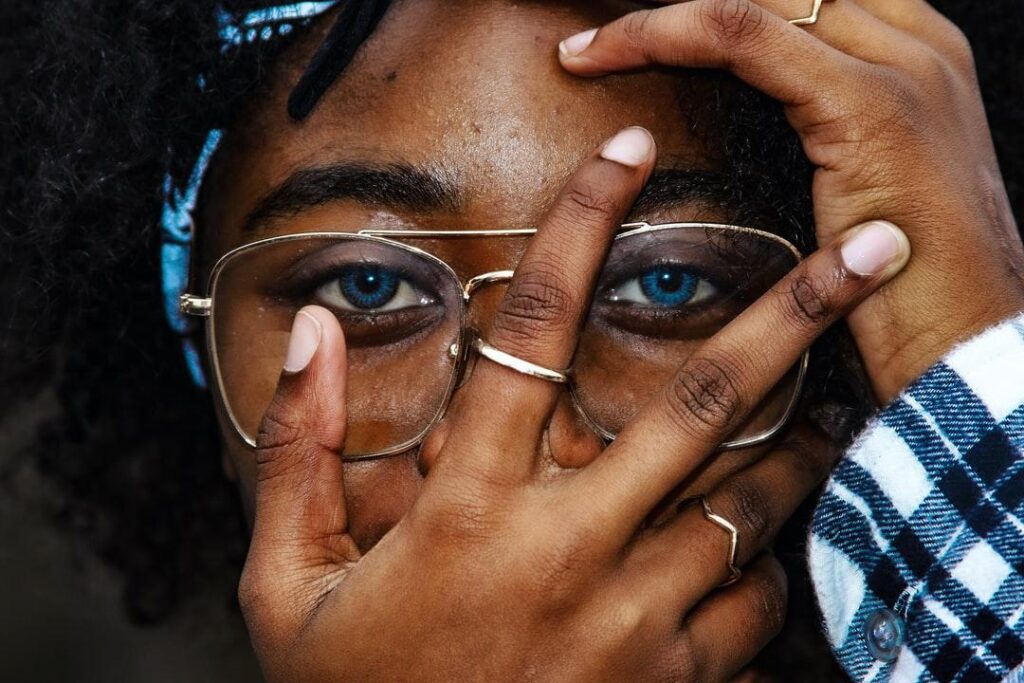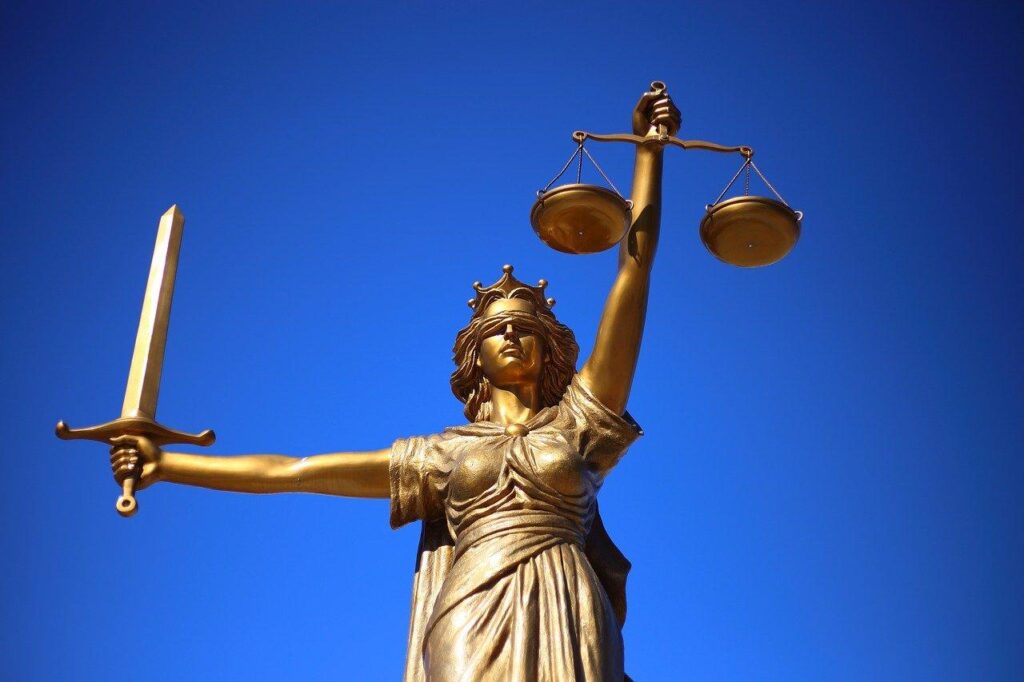With a projected value of over $72 billion by 2030, the legal cannabis industry is growing at an unprecedented rate. However, it has been slow to adopt diversity and inclusion policies and practices. This lack of diversity harms not only individual businesses and employees within the cannabis industry but also society as a whole.
In this article, you’ll learn about some of the facts and issues surrounding diversity and representation in the legal cannabis industry. The hope is that this article will inspire you to take action and support organizations that are working to promote diversity in the industry.
Lack of Minority Representation

At the 14 largest publicly traded cannabis companies in the U.S. and Canada, 70% of C-suite executives are white males, according to Insider Analysis. Only 7%, or five individuals, identified as Black.
One of the largest issues facing the legalization of cannabis across the U.S. is the same lack of diversity that plagues many other industries.
What makes this problem harder to bear compared to other industries is the vast racial disparity among those who have been arrested or incarcerated due to cannabis-related crimes.
A report from the ACLU found Black Americans to be four times more likely to be arrested for cannabis than whites, even though usage rates were similar.
Companies like Canopy Growth, Curaleaf, and Cresco Labs are making an effort to enact change. These companies have acknowledged the lack of cannabis diversity in their own teams and are pursuing initiatives for implementing equality throughout the entire organization.
Training in recognizing unconscious bias, as well as in diversity and inclusion, is being utilized to build a more inclusive environment for all employees.
Not Enough Resources

While diversity and inclusion are important issues to tackle for existing cannabis companies, work still needs to be done at the grassroots level.
The Cannigma, an online cannabis news publication, shows that only 4% of the cannabusinesses in the U.S. are owned by BIPOC entrepreneurs.
Much of this disparity can be linked to the lack of resources minority communities have traditionally experienced. Being underserved, these communities often don’t have the necessary access to loans, education, and networking for starting a business.
That’s where organizations and events like the Hot Box Pitch Contest, the Black CannaConference, and the Minority Cannabis Business Association come in.
The Hot Box Pitch Contest is held every year at the Black CannConference. It’s a Shark Tank-like competition where BIPOC cannabis entrepreneurs pitch ideas to angel investors.
The conference and competition both provide resources and acumen to the BIPOC community to promote its growth.
Policies and Regulations

To enact true social change, both state and federal policies and regulations need to be reformed. While some states such as Illinois and New York have begun prioritizing applicants who have suffered from cannabis-related offenses, most states have not.
Where policies can have the most effect on changing the diversity landscape of the cannabis industry is through taxable funds.
Virginia recently filed a bill that would move a previously allocated 30% of the cannabis industry’s revenue from an equity investment fund into a general fund set up for the state.
If diversity and representation are to be systematically changed in the cannabis industry, lawmakers need to put forth policies that will encourage these changes.
Equality in the Cannabis Industry
Through knowledge and action, we can begin to shift the power dynamics of the cannabis industry. By supporting businesses that prioritize diversity, as well as promoting organizations and initiatives meant to help grow the BIPOC community within the industry, real change can be made.


